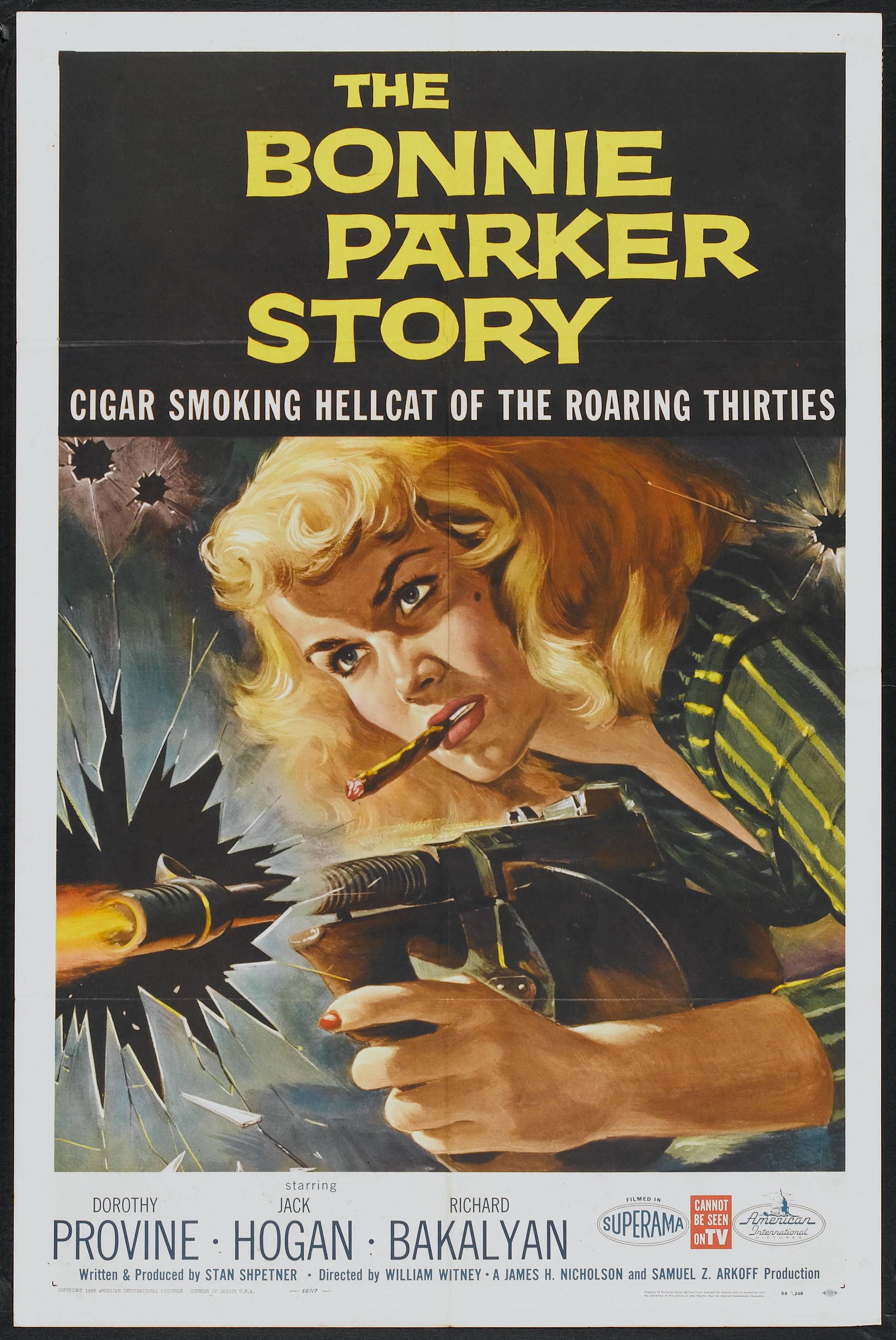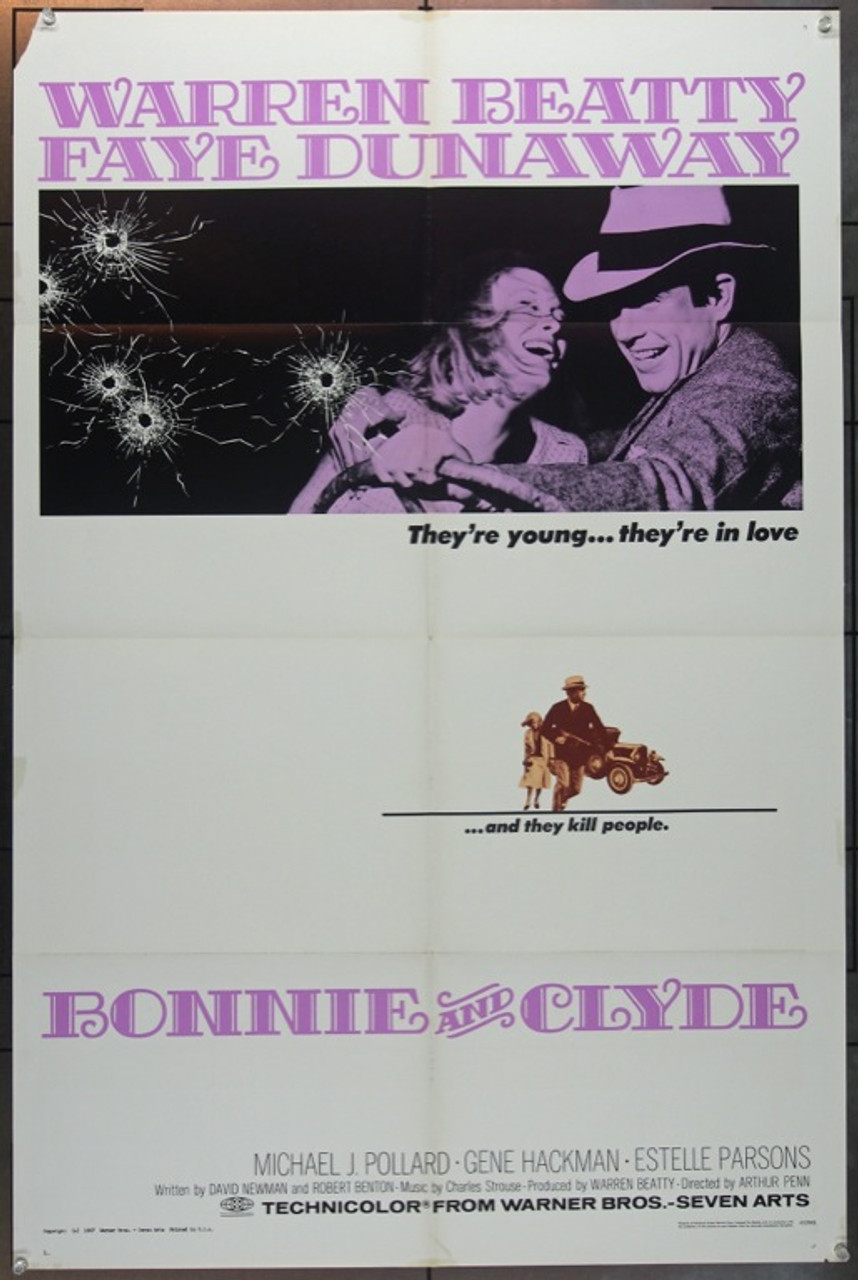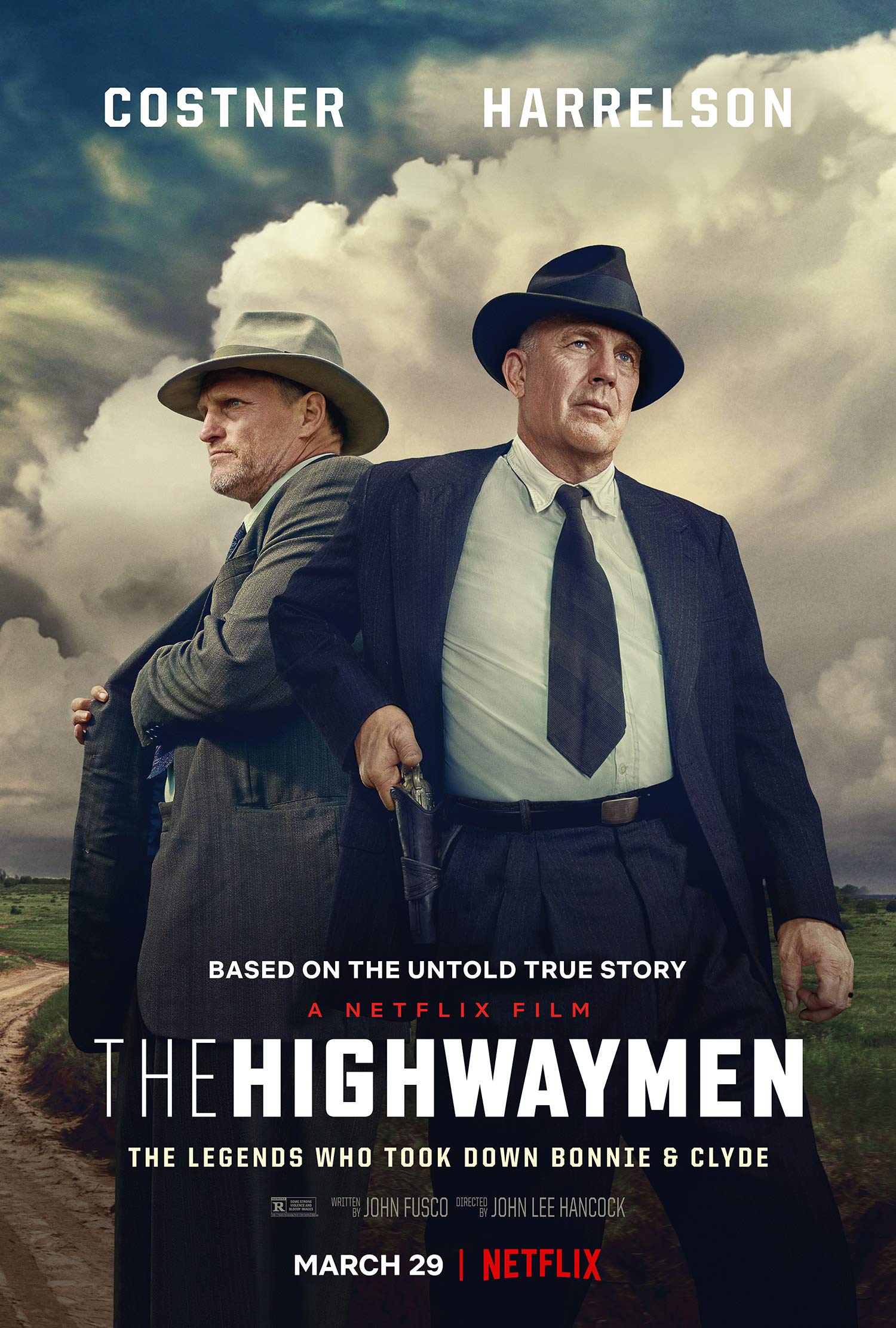THE ENDURING IMPACT OF
BONNIE AND CLYDE
Bonnie and Clyde remain iconic figures in American popular culture due to their dramatic, crime-filled love story during the Great Depression. Their daring bank robberies and violent clashes with law enforcement captured the public's imagination, portraying them as rebellious outlaws defying a harsh economic system. This romanticized image transformed them into symbols of danger, freedom, and anti-establishment spirit. Their enduring legacy continues to inspire countless works in film, television, and music, reflecting society's fascination with outlaw legends and the blurred line between crime and celebrity.
MOVIES

"The Bonnie Parker Story" (1958) is a crime drama that depicts the rise and fall of Bonnie Parker, a waitress who becomes a ruthless bank robber. Driven by a thirst for power and excitement, she partners with fellow criminal Guy Darrow, leading a violent crime spree across the country. While the film is inspired by the real-life figures Bonnie Parker and Clyde Barrow, it takes significant liberties with historical accuracy, fictionalizing characters and exaggerating events for dramatic effect.

Bonnie and Clyde (1967) is a crime drama that follows the infamous duo, Bonnie Parker and Clyde Barrow, as they embark on a violent crime spree during the Great Depression. The film portrays their passionate relationship, their gang's exploits, and their eventual tragic end in a hail of gunfire. While based on real historical figures, the movie romanticizes their story, emphasizing their glamour and rebellion while downplaying the brutality of their crimes and the complexity of their lives.

The Highwaymen (2019) is a crime drama that tells the story of Frank Hamer and Maney Gault, two former Texas Rangers brought out of retirement to track down and capture the infamous criminals Bonnie Parker and Clyde Barrow. The film focuses on their dogged investigation, the moral weight of their mission, and the toll it takes on them as they pursue the violent outlaws. Unlike many previous portrayals, the movie stays closer to historical accuracy by highlighting the lawmen's perspective and portraying Bonnie and Clyde as dangerous criminals rather than romanticized antiheroes.